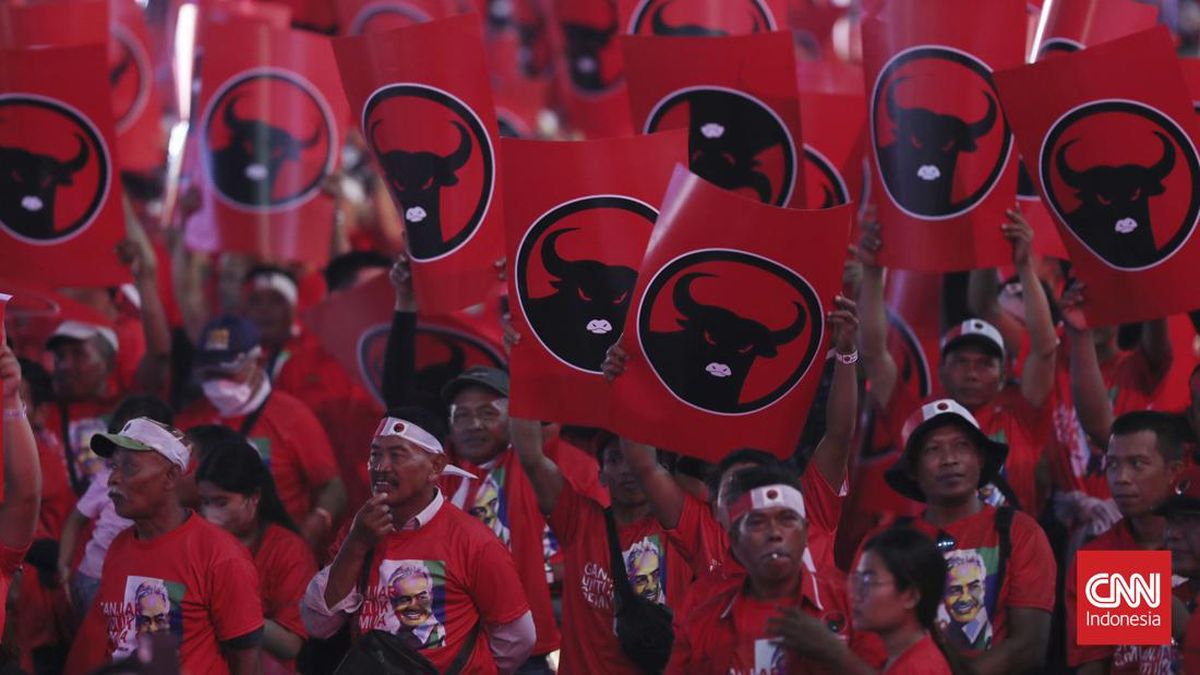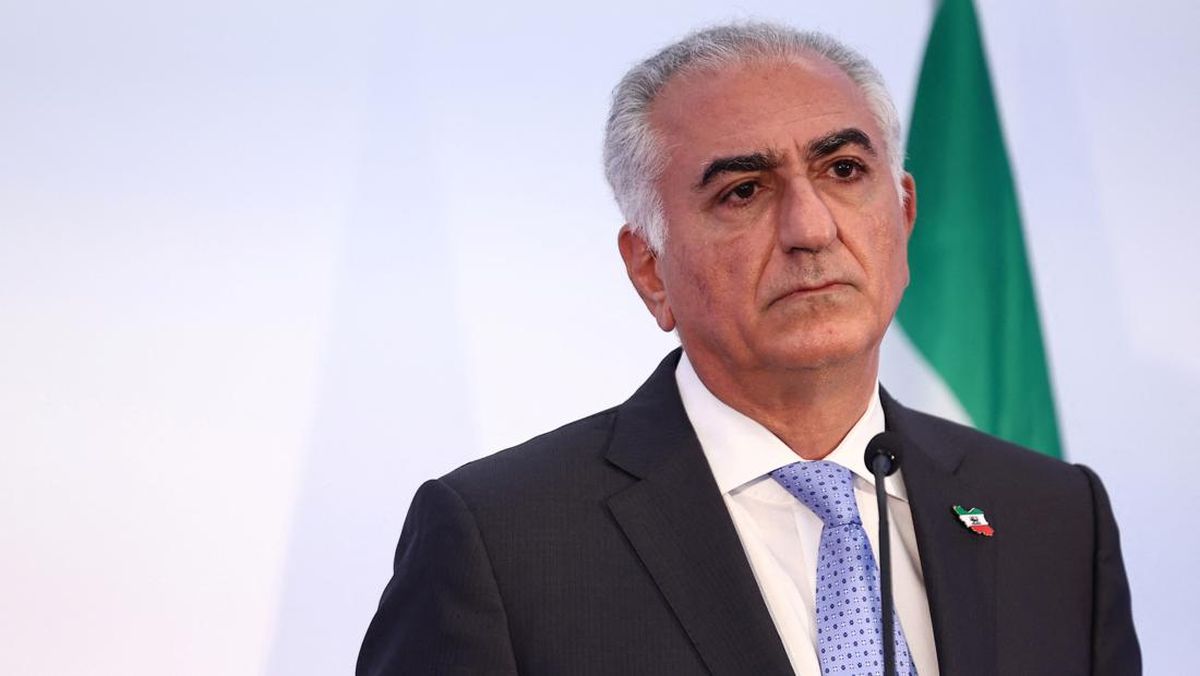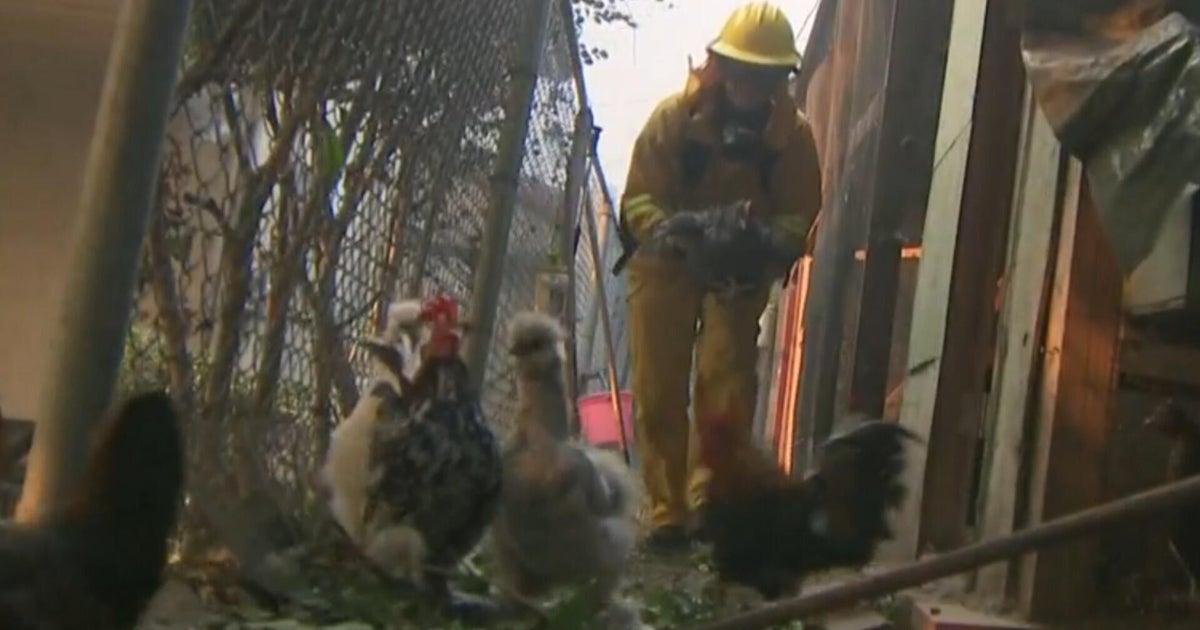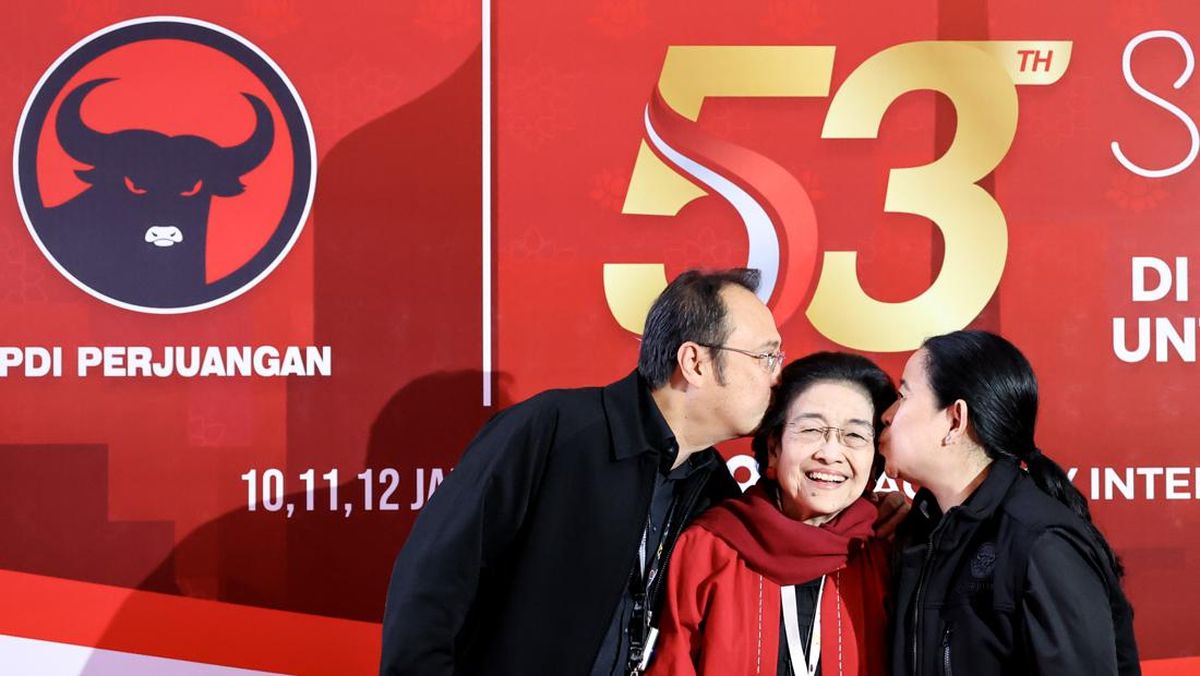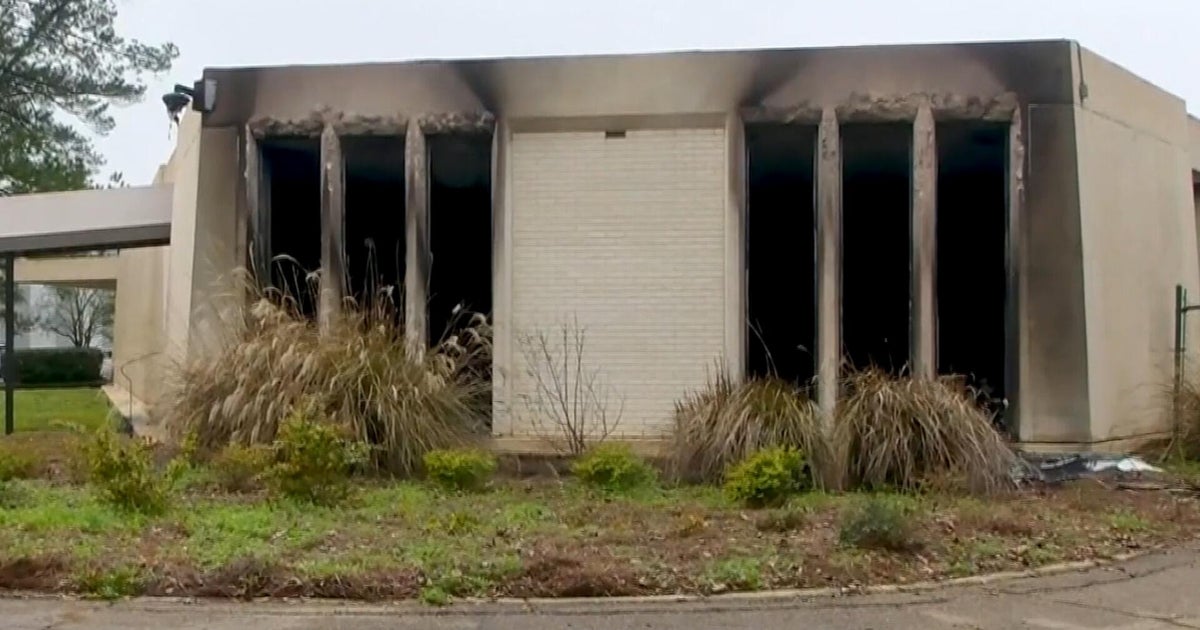University vice chancellors on million-dollar salaries should have their pay packets independently reviewed and capped, according to the advice of a parliamentary inquiry that has given a scathing assessment of how Australia’s tertiary institutions are being run.
A bipartisan group of senators who have been interrogating universities also want institutions to publish their council meeting minutes online, disclose how much they’re spending on consultants and why, and launch a “conflict-of-interest” register for council members and senior executives that is publicly updated.

Pay packets for executives in the university sector, some of whom earn more than $1 million a year, are under the microscope.Credit: Oscar Colman
Their recommendations, published in an interim report on Friday, come after several high-profile controversies at Australian universities.
Most recently, Sydney’s UTS has faced backlash over plans to shut down several courses and axe academics, amid revelations the vice chancellor spent more than $20,000 on a business-class ticket to the United States with other executives for an alumni event.
Turmoil at the Australian National University led its vice chancellor to resign this month, with a key staff concern being that she had an undisclosed paid position at global tech firm Intel while running the university. ANU chancellor Julie Bishop has also come under pressure, spending $150,000 on international trips in 2024 while the university cut jobs and restructured because of a significant deficit.
Loading
Education Minister Jason Clare said he would discuss the report, as well as advice from his expert council on university governance, at a meeting of education ministers next month. “Anyone who doesn’t think there are challenges with university governance has been living under a rock,” he said.
Labor senator Tony Sheldon, who established the inquiry, said it had heard sharply different evidence from management than it had from students and staff.
“University executives claimed that existing governance systems were largely sufficient … Staff, students, academics, and other stakeholders painted a very different picture of structural chaos,” he said.
“This inquiry found more than just a ‘few cracks in the system’. It exposed a culture of consequence-free rotten failure at the top of our universities. There’s no other sector in the country where failure is rewarded so handsomely and with so little scrutiny.”
Loading
Australia’s highly paid vice chancellors were a focus of the report. According to supplied evidence about salaries, 21 university heads were paid over $1 million in 2023. In addition, Monash University, Western Sydney University, the University of Melbourne, Curtin University, RMIT and ANU had 13 or more executives paid at a higher salary than the local premier or chief minister.
The committee said the federal government should work with states, territories and the independent Remuneration Tribunal – which deals with the pay of Commonwealth offices – to create a framework that classifies executive pay into ranges. This would effectively set a ceiling for their salaries.
“University councils would retain responsibility for setting the vice chancellors’ and senior executives’ remuneration, within the appropriate classification and remuneration range,” the report said.
This would come on top of the extra transparency measures, as well as new rules to ensure the representation of staff, students, and people with public administration or higher education experience on governing bodies.
In a statement, the Group of Eight universities said they supported transparency that built public trust.
“Universities are not corporations, nor are they government departments. They are complex institutions with unique missions, and their governance must reflect that complexity – not be reduced to a compliance checklist,” the statement said.
The National Tertiary Education Union backed the recommendations. “The fact that these measures have support from senators from across the parliament shows university governance reform is urgent and above partisan politics,” said its president, Dr Alison Barnes.
Cut through the noise of federal politics with news, views and expert analysis. Subscribers can sign up to our weekly Inside Politics newsletter.
Most Viewed in Politics
Loading


